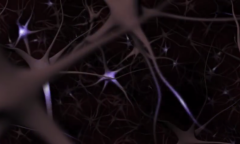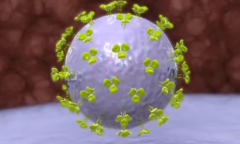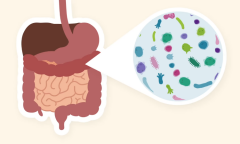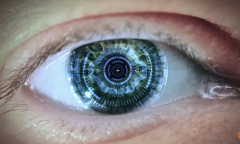By KM Diaz, | May 30, 2017
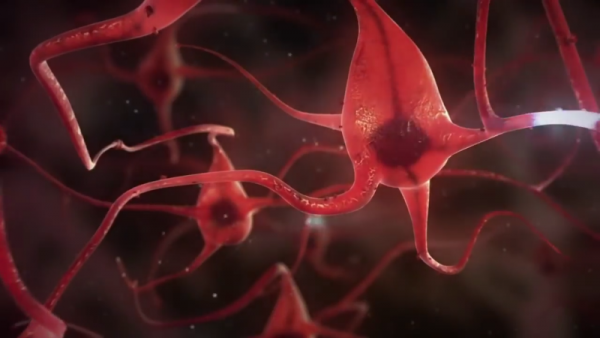
The newly discovered neuron plays an important role in the ability of humans to navigate environment. (YouTube)
A new type of neuron has been found by the international research team from the University of Amsterdam led by Martin Vinck, Cyriel Pennartz, and Jeroen Bos. The newly discovered neuron plays an important role in the ability of humans to navigate the environment.
The findings could be a significant step in understanding the brain codes navigation behavior on larger scales. It could also be used in developing new treatment methods for people with Alzheimer's disease and other cognitive impairment. The study was published in Nature Communications.
Like Us on Facebook
The ability of a person to navigate and assess the location is placed in the hippocampus - seahorse-shaped structure in the temporal lobe. A previous study reveals that the exact mechanism for navigation involves hippocampal place cells, in which the electrical activity could decrease or increase depending on the location.
In the new study, researchers examined how large-scale navigational information is being coded within the brain, and how this process happens within several structures in the temporal lobe. They trained rats in performing a visually guided task in a figure-8 maze with two loops overlay in the middle lane.
Throughout the experiment, researchers gauged the brain's electrical activity of rats to allow them to simultaneously record groups of neurons of four distinct areas: hippocampus, perirhinal cortex, and two sensory areas.
Jeroen Bos explains that there is a notable variation between the responses in other areas of the brain and perirhinal cortex. Responses of hippocampal place cells spread over the maze and their fields were smaller compared to the loops of the maze, while the perirhinal cortex sustained responses in the whole loop.
Furthermore, researchers were surprised that the responses in the perirhinal cortex align closely with the design of the maze as it is associated with object recognition. A new type of neuron seems to appear, dubbed 'neighborhood cell.' The neuron allows the brain to differentiate segments of the environment.
The result presents the first glimpse of the brain's ability to code navigation behavior on larger scales. It could be an important tool particularly for those with an impaired capacity for topographical orientation.
Cyriel Pennartz also said that their finding does not conflict with previous research, like the hippocampal damage of a long-time London cab driver was sustained. Lastly, the finding could help those with Alzheimer's or other diseases to use different spatial methods.
-
Use of Coronavirus Pandemic Drones Raises Privacy Concerns: Drones Spread Fear, Local Officials Say

-
Coronavirus Hampers The Delivery Of Lockheed Martin F-35 Stealth Fighters For 2020

-
Instagram Speeds Up Plans to Add Account Memorialization Feature Due to COVID-19 Deaths

-
NASA: Perseverance Plans to Bring 'Mars Rock' to Earth in 2031

-
600 Dead And 3,000 In The Hospital as Iranians Believed Drinking High-Concentrations of Alcohol Can Cure The Coronavirus

-
600 Dead And 3,000 In The Hospital as Iranians Believed Drinking High-Concentrations of Alcohol Can Cure The Coronavirus

-
COVID-19: Doctors, Nurses Use Virtual Reality to Learn New Skills in Treating Coronavirus Patients


